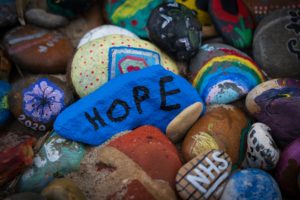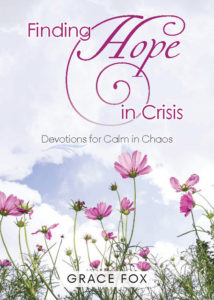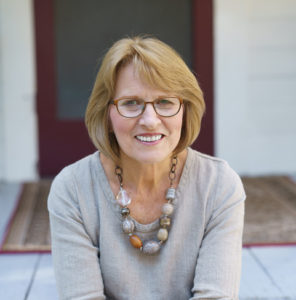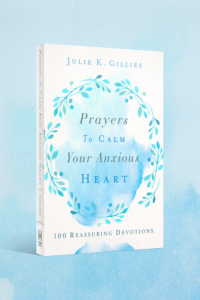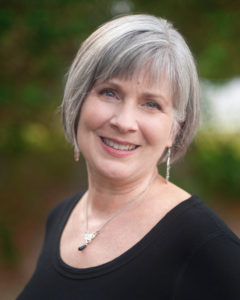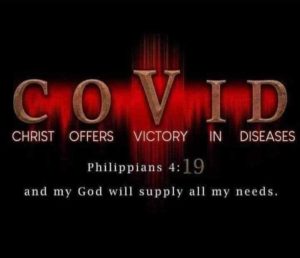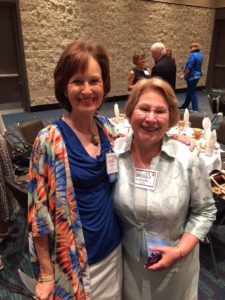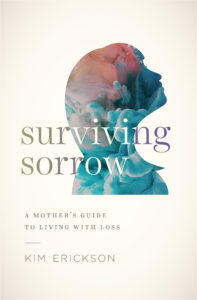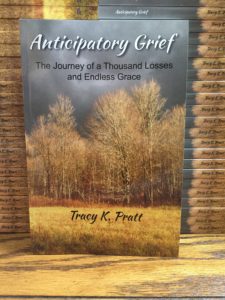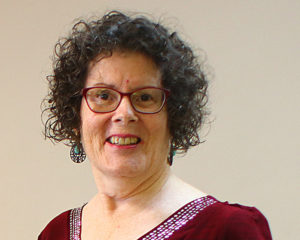WHILE I WAS READING the heart-breaking but hope-filled story of Hannah in the Bible, I was struck with how her submission to the Lord in her adversity was filled with joy and a sense of expectation. She had been childless for years and tearfully sought God to open her womb. With a deep trust in God’s providence, however, she vowed to give the child to God if He granted her request.
And she did. When she gave birth to her son Samuel the following year, she took him to the temple as soon as he was weaned, dedicated him to God, and left him with Eli, the priest. And she did it with great joy.
But what kind of hope is that? What kind of answer is that? Didn’t she want a child to cuddle and love? To raise and look after? She gave the child away! What was her hope? What was the reason for her joy?
And that makes me ask the question. What is OUR hope?
What does hope look like for US—for you—for me?
When we’re going through a troublesome time and hope for a good outcome, what does hope usually look like for us? “If I can just get through this crisis . . . if my husband will come home to me . . . if my test results show that I’m cured . . . if I can get that job . . . if my son quits his addiction.” If, if, if . . . . We want the pain of the situation to end. We want good things in our life. Then we’ll be alright.
We’re standing on the precipice and we just don’t want to fall off the cliff. We want a safety net to catch us, a plateau of safety so we can escape the stressful or frightening circumstances we face.
But what if hope is more than that that? What if hope is not just that we’ll be safe, but that as we stand on the edge of the cliff, we will actually see a beautiful meadow of multi-colored blessings unfurling before our eyes? What if we can see that our present problem will actually become part of God’s greater plan, a plan that, in fact, wouldn’t be as perfect without our painful circumstances?
Hannah’s prayer was rooted in a bigger hope than merely having a child to raise and look after. She tied her hope to God’s eternal plan and His larger story for the peoples of the earth. With a heart of expectation, she dedicated her child to God’s larger purposes. As a result, Samuel became God’s prophet to lead the nation of Israel throughout his lifetime. He was a transformative figure who God used to bring about the reign of David. And as a post script, God gave Hannah three more sons and two daughters afterwards.
As I write this, I think about a couple of paragraphs I wrote in my book Broken Heart on Hold in which I share how God walked with me through the pain of my three-year separation.
“Gradually God unfolded to me a deeper reality. What I was experiencing was not just about me, nor was it just about my husband and me . . . or our marriage. It was about a picture God was composing even as I stood poised on the tip of his paintbrush spilling tears upon the canvas to soften the harsh colors of the palette.
As I spent time with him in prayer, his larger purpose began to take form before my eyes. This grievous time was only one part of God’s bigger picture. What this part of the picture would ultimately look like however, depended in large part on me and what I did with my circumstances. It could be an obscure narrow section angled awkwardly among the other images on the canvas. Or it could become a shining blast of color and light shedding rays of illumination on the surrounding landscape. It was up to me to seek and find his larger design.” (From Broken Heart on Hold, Surviving Separation.)
Yes, as I walked through that dark tunnel of hopelessness, God eventually brought me to the light at the other end, and the light of His plan was glorious. Not only did He restore our marriage, but He allowed my pain to become comfort and hope for others walking this difficult journey. And when someone tells me how much my books have helped them, my heart swells with joy at God’s beautiful plan of redemption. I didn’t know back then I would write these books, but because I persevered with God, He used my pain to bring healing to others.
So what does hope look like?
Perhaps seeing hope requires us to open our eyes to more than what our limited earthly vision often encompasses. To catch the vision, we must start by trusting God with a sense of expectation, trusting that even in the midst of our fears God is going to do something wonderful. When we can tether our hope to God’s limitless resources and love, trusting that when given to Him, the experience we are going through will be like a seed planted in good soil that sprouts and multiplies into an eternal spring of beauty, then we will know the joy of the Lord that becomes our strength. Hope becomes our peace.
If you’re struggling to understand, if—like me—you’re asking what does hope look like, turn your eyes upward.
Lift your eyes to the Lord. Let Him enlarge your vision. Let your hope look beyond the problems and the temporal solutions. Grasp hold of God’s promises and love so your hope can grow into a mustard-seed faith, trusting that God has a purpose for your pain to use in some exquisite way that will make it all worthwhile in the unfolding of His eternal plan. Seek Him with all your heart and let Him fashion your future to fit into His greater blessings.
“Why, my soul, are you downcast? Why so disturbed within me? Put your hope in God, for I will yet praise him, my Savior and my God” (Psalm 42:5).
*Read Hannah’s story in 1 Samuel 1–2:11 and 2:16-21
If you need hope for your marriage, let me walk beside you through the pages of my book, Broken Heart on Hold. Together we’ll find hope and strength for the journey.
